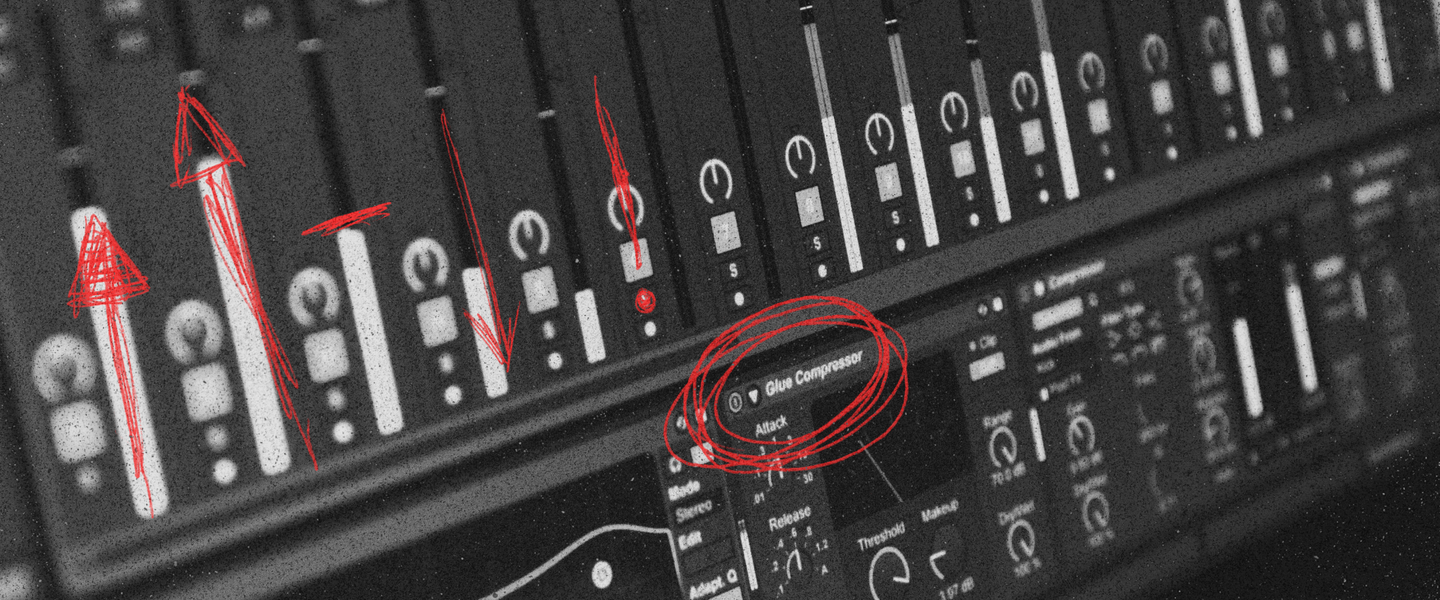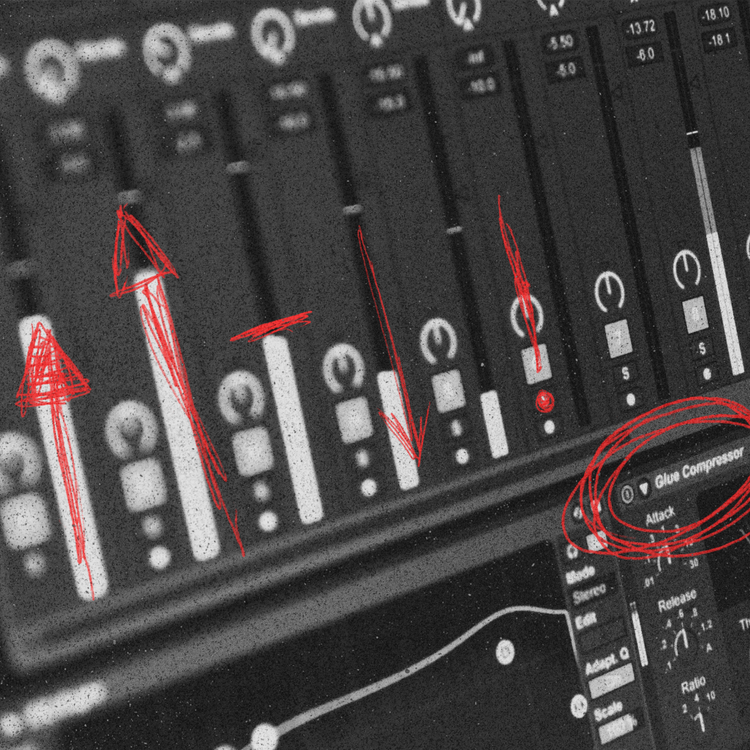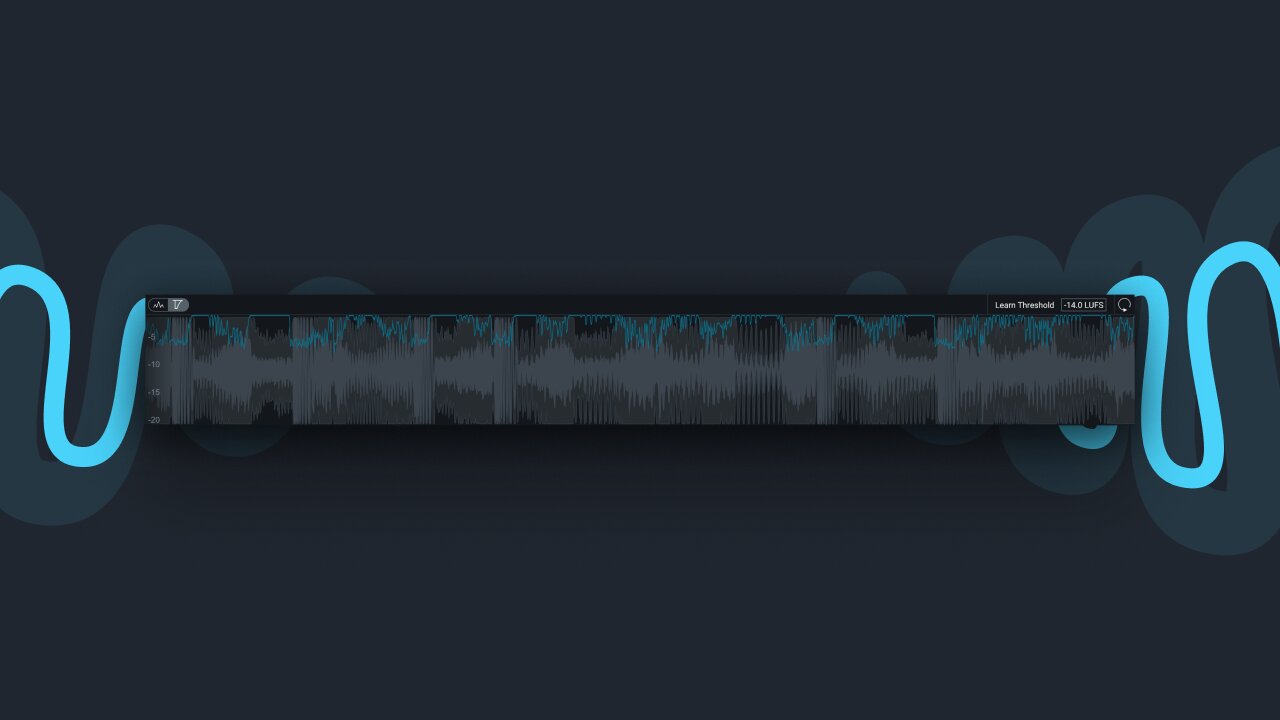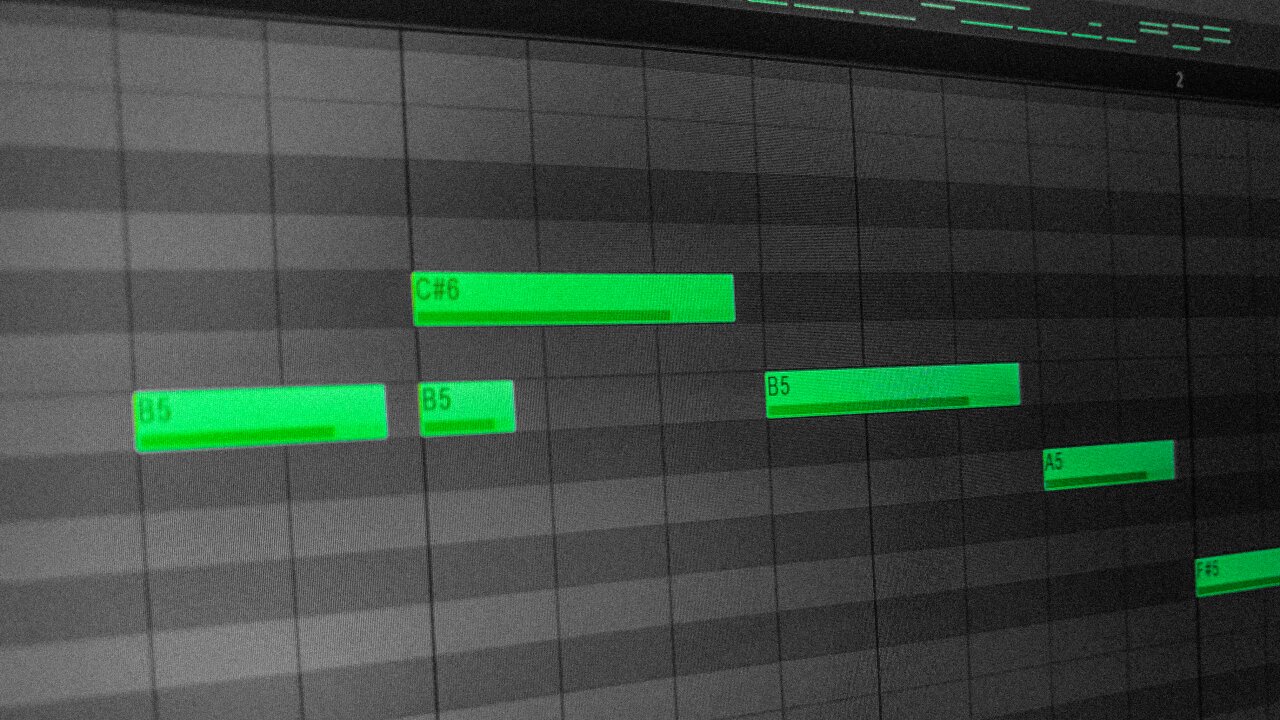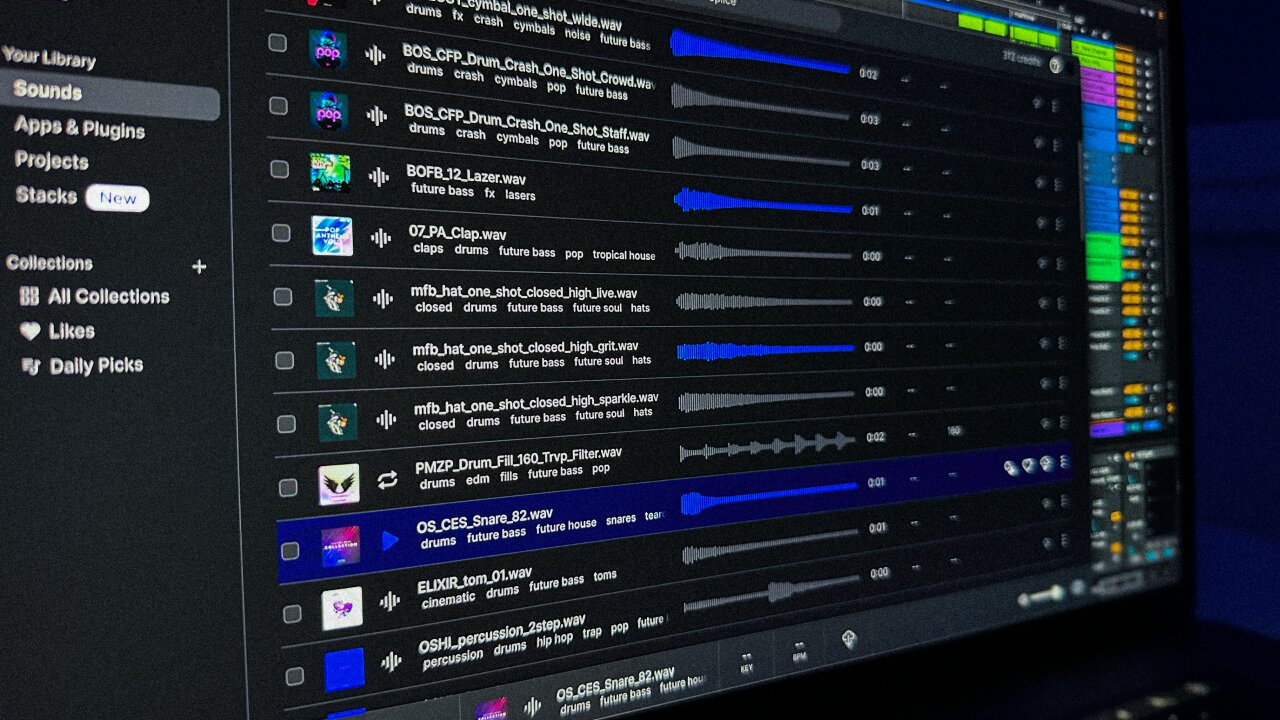Should producers mix and master their own songs?
For most producers, being creative is the best part of the production process. However, a clean mix and master is just as important.
There are many opinions on whether producers should mix and master their own songs. While some believe it’s essential to have a professional do it to ensure the best quality, others think that it’s a waste of money when the producer is capable of doing it themselves. So, what’s the verdict? Should producers mix and master their own songs? Let’s take a look at the pros and cons.
Jump to section:
- The pros of mixing and mastering your own songs.
- The cons of mixing and mastering your own songs.
- How to make the decision whether to mix and master your own songs.
- Can I mix and master my own songs on a professional level?
- Are AI mastering tools any good?
- Resources for learning more about mixing and mastering.
The pros of mixing and mastering your own songs.

For musicians willing to take the time and invest energy into learning new skills, there is much to be said about mixing and mastering your own music. Knowing how to mix and master your own songs gives you creative control over your songs from start to finish. So for those who have a unique and passionate way of refining and expressing their musical pieces, this is crucial.
Learning how to mix and master songs also means being able to work independently on your productions without having to rely on external resources. It’s an empowering experience that can help your further connect with what you are creating. In addition, mixing and mastering your own songs is often more cost-effective than hiring a mixing or mastering engineer — especially if you are recording many songs.
Knowing how to mix and master your own songs is also an excellent collaboration benefit. If you’re coming up with quick and short ideas to work on, knowing how to quickly throw together a few EQs, compressors, and correct volume levels is essential to properly present your ideas with their full potential. Additionally, you may want to record vocals with local artists. Every producer should know how to mix vocals properly and make the singer sound as good as possible.
The cons of mixing and mastering your own songs.

Mixing and mastering your own songs isn’t as easy as it sounds and comes with its unique challenges. For starters, it’s easy to become attached to certain elements of a track that might not work in the grand scheme of things. This can lead to frustration as you try to make all the parts fit together into one cohesive track.
A new and fresh pair of ears from your mixing and mastering engineer can point out things in your mix that you can’t. You’ve probably had your song on repeat for hours and hours, so there are bound to be certain elements in your mix that simply don’t work, and a good mixing engineer will be able to point those out immediately.
Additionally, it takes experience and practice to accurately judge and adjust levels of the elements within a song. Without this know-how, it’s too easy for an inexperienced musician to introduce distortion or create an unbalanced mix.
Finally, mixing and mastering can require expensive equipment explicitly suited for this task. A professional mixing and mastering engineer will work in a professional studio with studio monitors that are so clean, balanced, and sharp — they’ll hear every detail in your song. This can be a huge barrier for those starting out with limited budgets. Though note that gear isn’t everything. A good mixing engineer can also create incredible mixes on a cheaper setup, just like you can. But having that expensive setup can be incredibly helpful.
How to make the decision whether to mix and master your own songs.
When it comes to making music, the decision of whether or not to mix and master your own songs can be a difficult one. Each approach has pros and cons, and while some artists prefer to do it themselves, others prefer to hire professionals with more knowledge and experience.
For starters, self-mixing and mastering will require you to learn what makes a good mix and master so good, as well as having soundproofed spaces with equipment that’s up to date. Also, if you simply don’t have the money to hire a professional, mixing and mastering your own songs is the only option.
On the other hand, hiring a professional can take some guesswork out of the process and may save you time in the long run. However, working with an experienced engineer also means paying for their expertise, so it pays to do your research before making a decision.
Also, if you’re already a well-established musician and know your song will make you money, getting it mixed by a professional is like an investment. Whatever you pay to get it mixed and mastered, you’ll make back with the song, so it’s a no-brainer to get polished by a professional.
Ultimately, weighing these advantages and disadvantages against each other will help you make an informed choice about which method is right for you. Whatever route you decide on — mixing and mastering your own songs or going with a professional — the most important thing is that you are ultimately pleased with the outcome!
Can I mix and master my own songs on a professional level?
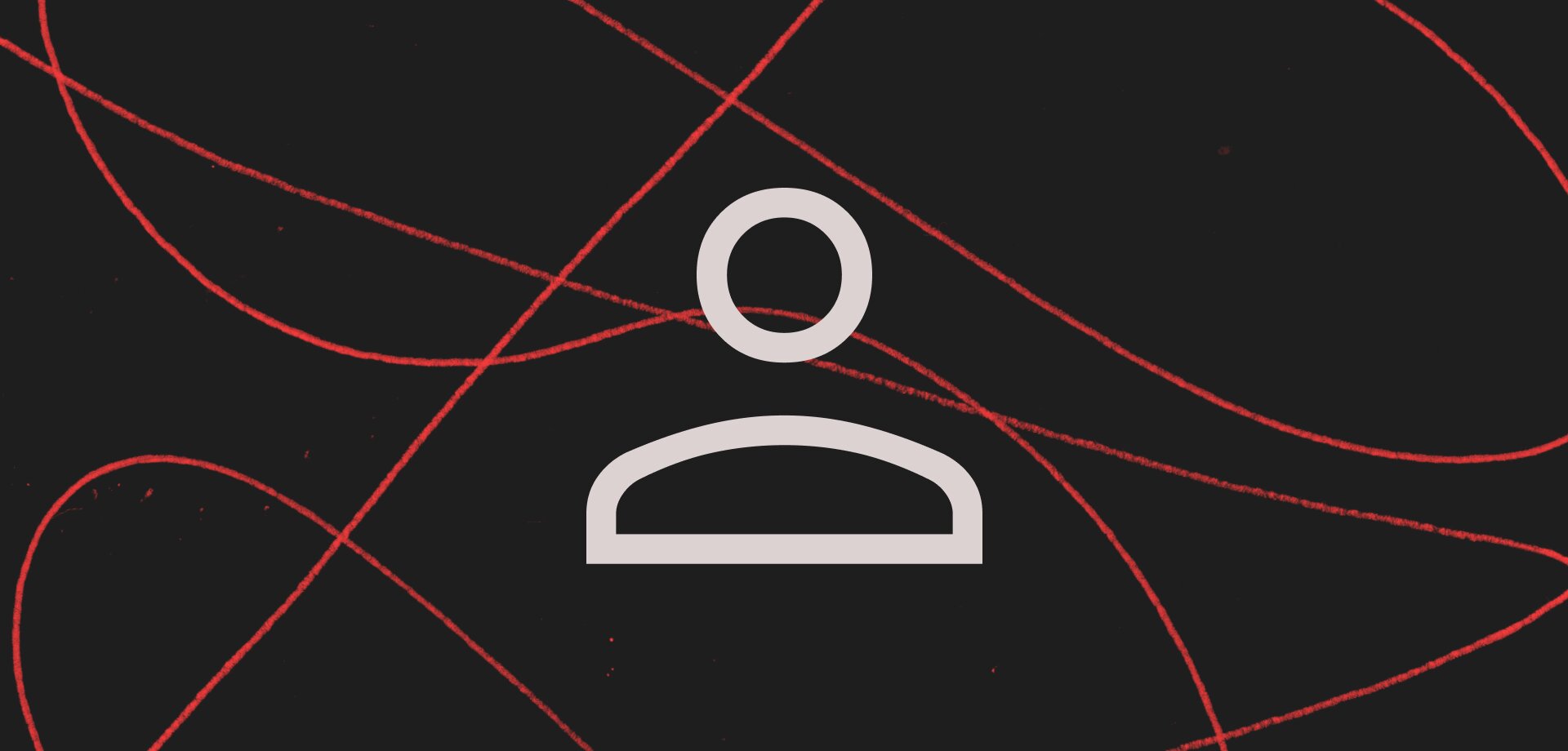
Yes, of course. Many producers out there take care of the mixing and mastering stage themselves, and their tunes bang. However, it’s essential to know that those producers have been doing that for probably 5-10+ years.
Mixing and mastering is a skill you learn over time. It takes a lot of practice to get better at. Don’t think that watching a 1-hour mixing tutorial on YouTube is all you need to do to be a mixing professional.
You train your mixing and mastering skills by training your ears to identify subtle harshness, balanced volume levels, muddiness, unwanted and clashing frequencies, and more. Since every song is different and unique, each will require different mixing and mastering processing. That’s what makes it such a long and challenging skill to learn. Simply put, there aren’t step-by-step tutorials you can follow that magically make any mix sound clean.
Learning it is totally worth it though! If you have been producing for a couple of years already, look back at some of your older projects. Preferably ones that are 1-2 years old. You’ll quickly realize how much better your current music sounds, right? So if you’re not satisfied with your current mixing skills, practice, practice, practice! A year from now, listen back to your current projects. You’ll be amazed at how much better your mixing skills will have become.
Bonus tip:
Try to avoid getting stuck mixing and mastering a single song for weeks just because you want to get it perfect. As a beginner, the best way to practice your mixing and mastering skills is to mix and master as many songs as possible. So give your best at every song you mix and master, and ensure you thoroughly go through them. However, don’t get stuck on them and move on to the next project as soon as possible.
Are AI mastering tools any good?
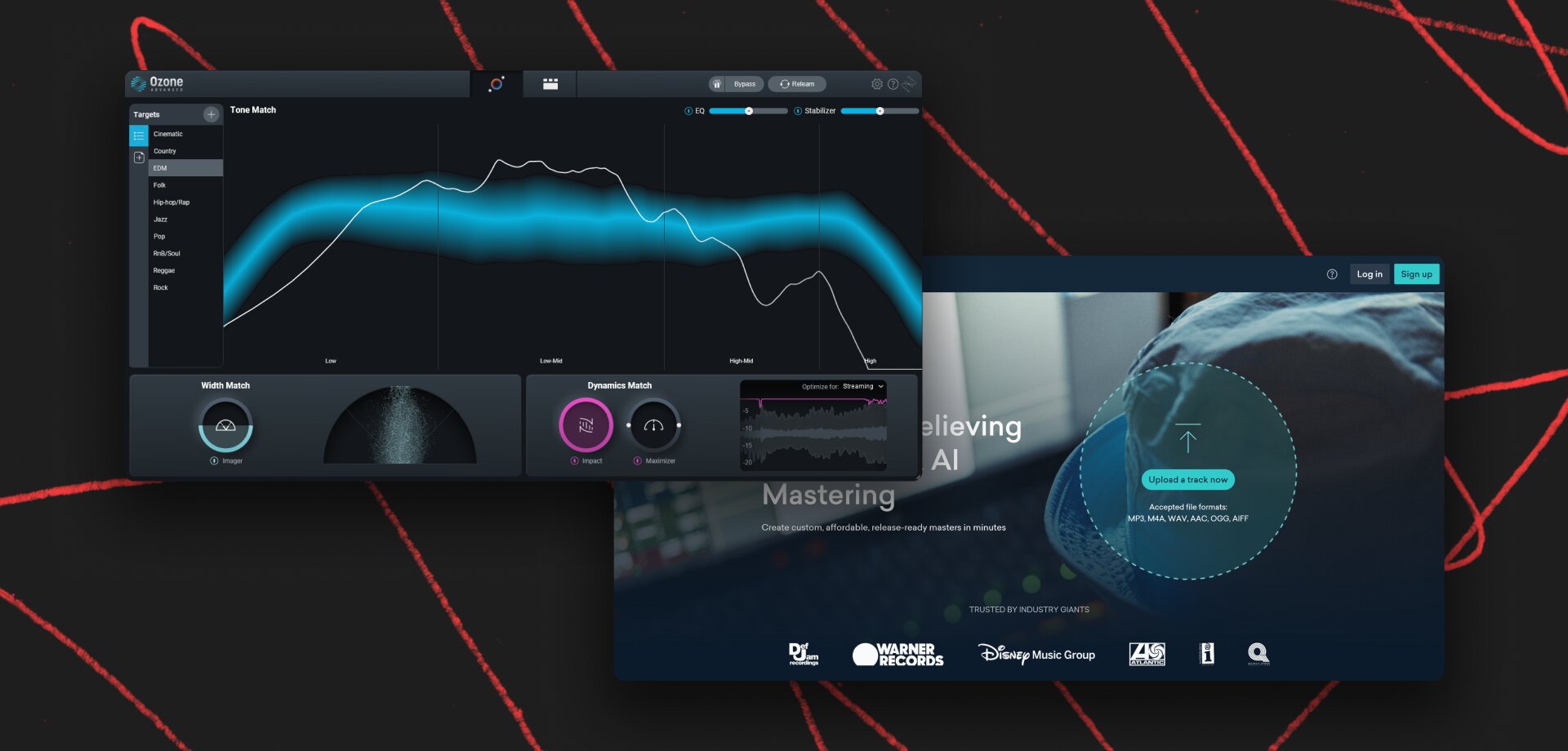
AI and machine learning tools are everywhere nowadays and also have their place in the mastering space. You’ve probably seen, perhaps used, or heard of online mastering tools that allow you to upload your unmastered song, and they’ll master it for you in seconds using AI. Even plugins like iZotope’s Ozone 10 offer those kinds of features.
But are these any good? Well, it depends. These can be really hit or miss since, on some tracks, they elevate the song and make it sound more polished and loud. However, on the other hand, they can also do the exact opposite and make a song more unbalanced.
How can it be more unbalanced? Most of these tools are based on an EQ and loudness profile, which has been determined by calculating the profiles of hundreds of songs in a particular genre. The combined average of those profiles is what your song gets shaped into. This can be good or bad since it’ll either ensure your mix sounds more refined and clear, or sound more unbalanced since not every song will fit that average profile.
Important:
Don’t get fooled by loudness! Everything that sounds louder always sounds better, even if it’s not better. You’ll probably upload your song to those tools with -6dB headroom, and since it’s a mastering tool, you’ll get a nicely compressed and limited final product at 0dB (max volume) back. That 6dB loudness bump is enough to make an inexperienced producer think that their song sounds so much better now, even though it just sounds louder.
Resources for learning more about mixing and mastering.

If you want to establish yourself as a professional music creator, mastering (pun intended) the art of mixing and mastering is essential. With the proper knowledge and tools, you can create high-quality projects that stand out from the competition.
Fortunately, many resources are available online for those wanting to learn more about mixing and mastering. YouTube tutorials offer an accessible way to gain essential skills quickly and in the comfort of your own home. Professional courses are also available throughout the internet, but free YouTube tutorials have become so good over the years that you don’t really need to pay for premium courses.
Getting a mentor, teacher, or joining a mixing and mastering school is also a viable option to learn the skill faster. They won’t necessarily be able to teach you things you can’t get taught on YouTube, but they’ll point you in the right direction, give you real-time feedback, and work on areas of your mixes that actually do need work. If you’re just learning from YouTube alone, you’re kinda on your own, and you’ll need to figure out yourself what to learn.
